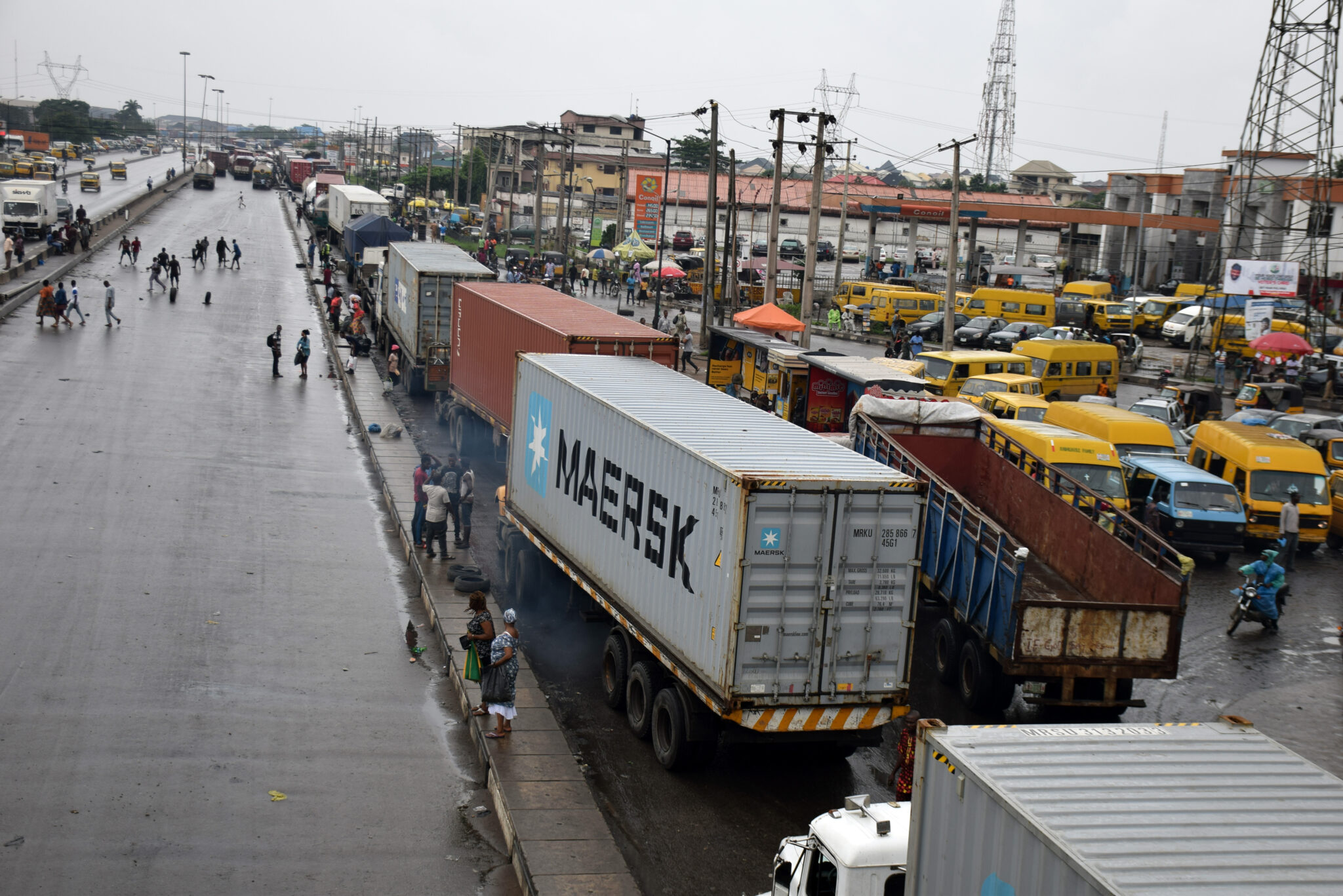The refusal of key government agencies to make their personnel available beyond the regular working hours has frustrated plans to have Nigerian seaports commence 24-hour operations.”
The Shippers Association of Lagos on Monday explained how the absence of round-the-clock operations in the nation’s ports costs Nigeria over N800 billion losses on a monthly basis.
President of the Association, Rev. Jonathan Nicole, who disclosed this to newsmen in Lagos, stated that whereas the Nigeria Customs Service (NCS) used to generate almost N26 billion from seaports daily, the figure has dropped as a result of reduced imports.
“The port is money-spinning. Payments are made daily to shipping companies, terminal operators, customs, transporters and Ministries, Department and Agencies (MDAs) in the ports,” Nicole said. “If one is bringing out 1,000 containers, add the customs duty, shipping and terminal charges, transportation, and even under-the-table transactions, then you will understand the amount involved. We need to put in place policies that are workable and cannot be thwarted.”
Vice President Yemi Osinbajo had in May 2017 signed an executive order directing resumption of 24-hour operation at the Apapa Port and prohibiting touting in all seaports. But the promised 24-hour operation has yet to commence in the seaports while agencies sacked from operating there have returned to participate in physical examination of cargoes.
Also Read: Apapa: Where Ease of Doing Business Means Nothing
The Managing Director of the Nigerian Ports Authority, Ms. Hadiza Bala-Usman, recently accused some Federal Government agencies operating at the ports of lack of compliance with the directive and executive order.
According to the shippers association boss, the refusal of key government agencies to make their personnel available beyond the regular working hours has frustrated plans to have Nigerian seaports commence 24-hour operations. Conversely, MDAs whose activities are not essential to operations and have been requested to vacate the ports continue to pose a hindrance to efficient port operations.
The key Lagos’ ports are Apapa and Tin Can and handle about 70 percent of the country’s cargo throughput. In 2017, a total of 43,019,889 metric tons of cargoes were handled in Nigeria’s six ports according to Nigerian Bureau of Statistics. Of these, Apapa and Tin Can handled 17,523,313 and 14,623,239 metric tons of cargoes respectively, more than 60 per cent of the total throughput. Despite their importance, the ports are notorious for their poor infrastructure, inefficiency, and high-cost, which translate into a big burden for Nigerian manufacturers who need to ship in and clear inputs.
On average, manufacturers wait for at least three weeks to clear goods at Nigerian seaports compared to around 10 days in South Africa and less than a day in Dubai. More so, it costs five times more to ship goods from Europe to Nigeria and ten times more to move containers out of Lagos ports compared to other African countries like South Africa and Ghana, a study by research firm SBM Intelligence found. According to the report, which was compiled and analysed for more than three months, corruption, congestion, and inefficiency at Nigeria’s biggest port are costing importers thousands of dollars.
Also Read: Apapa Gridlock: Finding A Lasting Solution to A $55 Million Per Diem Problem
Morocco’s Tanger Med Port is rated the top container port in Africa. A recent expansion of the facility tripled the port’s capacity from 3 million to 9 million 20-foot equivalent units (TEUs) annually. It also handles exports of 1 million new vehicles and the transit of 7 million passengers and 700,000 trucks.
Tanger Med port is a strategic asset for Morocco in attracting foreign direct investment to its manufacturing sector. The French carmaker Renault cited the port as a key reason for its decision to start manufacturing 250,000 cars per annum in Morocco. In contrast, Nigerian ports are a big burden to businesses in the country and hence, a considerable disincentive to FDI. Paradoxically, Tanger Med is operated by APMT, the Danish port operator that is also one of the private operators of Apapa ports. (Both the Apapa Complex and the Tanger Med Ports are entrusted to renowned national and international private operators under concession contracts but the latter is far more efficient and does more than double the volume of Apapa).
Nigeria’s private seaport managers have invested considerably (over N250 billion since the 2005 concession) in equipment and processes to improve the efficiency of shipping and clearing goods. The problem remains with the government side, principally building and maintaining good roads that facilitate access in and out of the port. The tedious process of getting clearance from the host of unnecessary and superfluous government agencies at the port is also a drag on efficiency.






















